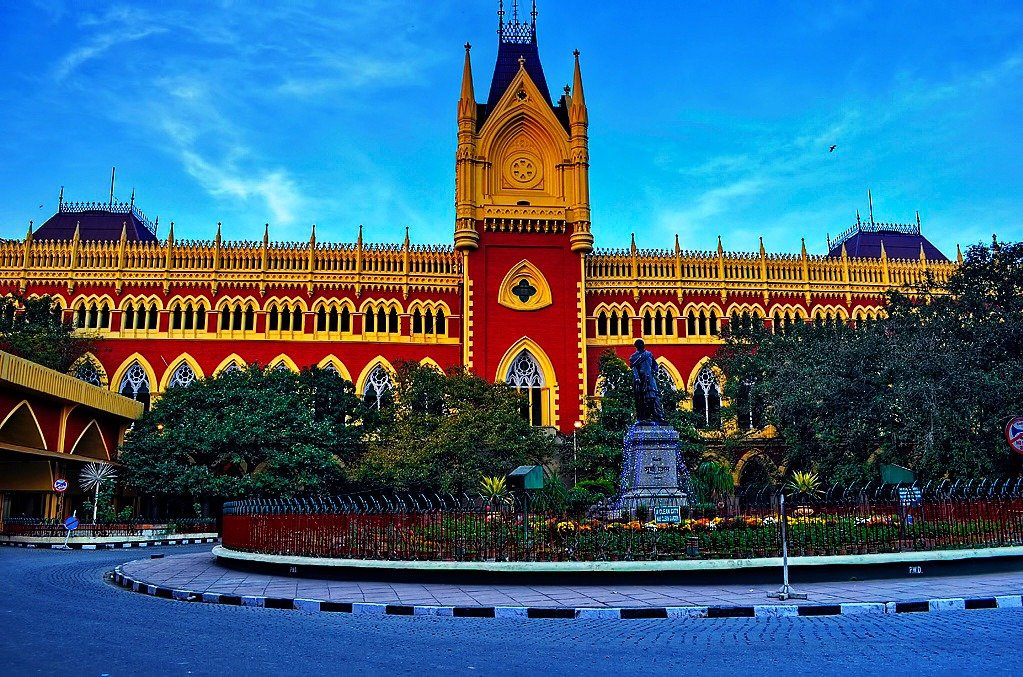Supreme Court stays Calcutta HC order halting Bengal OBC list revision, citing prima facie error in judgment | The Legal Observer
Subheading:
The Supreme Court has paused the Calcutta High Court’s order that stalled West Bengal’s revised OBC list, calling it “prima facie erroneous.”
Apex Court Halts High Court Verdict on Bengal’s OBC Classification
In a key development concerning reservation policy and state autonomy, the Supreme Court of India on Monday stayed a Calcutta High Court judgment that had previously invalidated the West Bengal government’s revised list of Other Backward Classes (OBCs).
A three-judge bench comprising Chief Justice of India D.Y. Chandrachud, Justice K. Vinod Chandran, and Justice N.V. Anjaria observed:
“Prima facie, the high court order seems to be erroneous.”
The apex court made this remark while hearing a Special Leave Petition (SLP) filed by the West Bengal state government, which challenged the High Court’s verdict that halted the implementation of a revised OBC list introduced by the Trinamool Congress-led administration.
Background: What Led to the Dispute
In 2010 and again in 2023, the West Bengal government revised its OBC list under the West Bengal Commission for Backward Classes Act, adding several communities to ensure what it called “social justice and equitable access to public resources.”
However, this move was legally challenged on the grounds that the classification was made without adequate empirical data and allegedly bypassed the constitutional procedure. The Calcutta High Court, in its ruling, observed that the state government’s methodology appeared flawed and halted the list’s implementation.
The state promptly approached the Supreme Court, arguing that the High Court had overreached and interfered in policy matters that are constitutionally within a state’s domain.
Supreme Court Observes “Overreach” and Pauses Implementation Halt
In Monday’s proceedings, the top court examined whether the High Court had prematurely invalidated the classification process, and without offering sufficient time for state authorities to justify their position.
CJI Chandrachud remarked:
“The issue of backwardness cannot be decided in a vacuum. The state is empowered to frame OBC lists based on socioeconomic realities, provided it adheres to constitutional norms.”
The bench noted that while judicial scrutiny of affirmative action policies is permitted, such interventions must not unduly constrain the state’s ability to make decisions on social and educational backwardness.
Implications for Reservation and Federalism
The case is being closely watched by legal experts and political analysts alike, as it touches on two key themes:
- The role of empirical data in caste-based reservations
- The autonomy of states to manage their own backward class lists, especially in the wake of the 102nd Constitutional Amendment and the Supreme Court’s judgment in the Maratha reservation case (2021)
Legal scholar Dr. Leena Mehra told The Legal Observer:
“This stay reinforces that while courts can supervise policy for constitutionality, they cannot become arbiters of data unless there’s a manifest violation. The state deserves space to justify its classifications.”
Political Reactions and Social Ramifications
The West Bengal government, led by Chief Minister Mamata Banerjee, welcomed the Supreme Court’s intervention. A state spokesperson said:
“This is a vindication of our stance. The High Court acted prematurely. We are committed to inclusive governance and protecting backward communities.”
On the other hand, opposition leaders and civil rights groups have urged the Supreme Court to ensure that affirmative action policies remain evidence-based, especially when they have a direct bearing on educational and employment opportunities.
What Lies Ahead
With the High Court’s order now stayed, the Bengal government is allowed to move ahead with the revised OBC list for now. However, the matter is far from settled.
The Supreme Court has not quashed the High Court’s ruling, but rather kept it on hold until the matter is fully examined. The bench has issued notices to the original petitioners before the High Court and will hear the case in detail after the summer recess.
For now, the implementation of the revised OBC list is back on track, pending the final outcome of the legal battle.
Conclusion: Court Balances Judicial Oversight with Policy Freedom
The Supreme Court’s stay marks another critical moment in the evolving debate over reservation policy, social justice, and the division of powers between judiciary and executive. While it signals a willingness to scrutinise state actions, it also reiterates that governments must be given the space to govern—unless they breach the constitutional mandate.
📌 For more updates on caste classification cases and judicial reviews, visit our National News and Legal Helpline sections.
📹 Watch expert legal insights and case breakdowns on our YouTube Channel.




